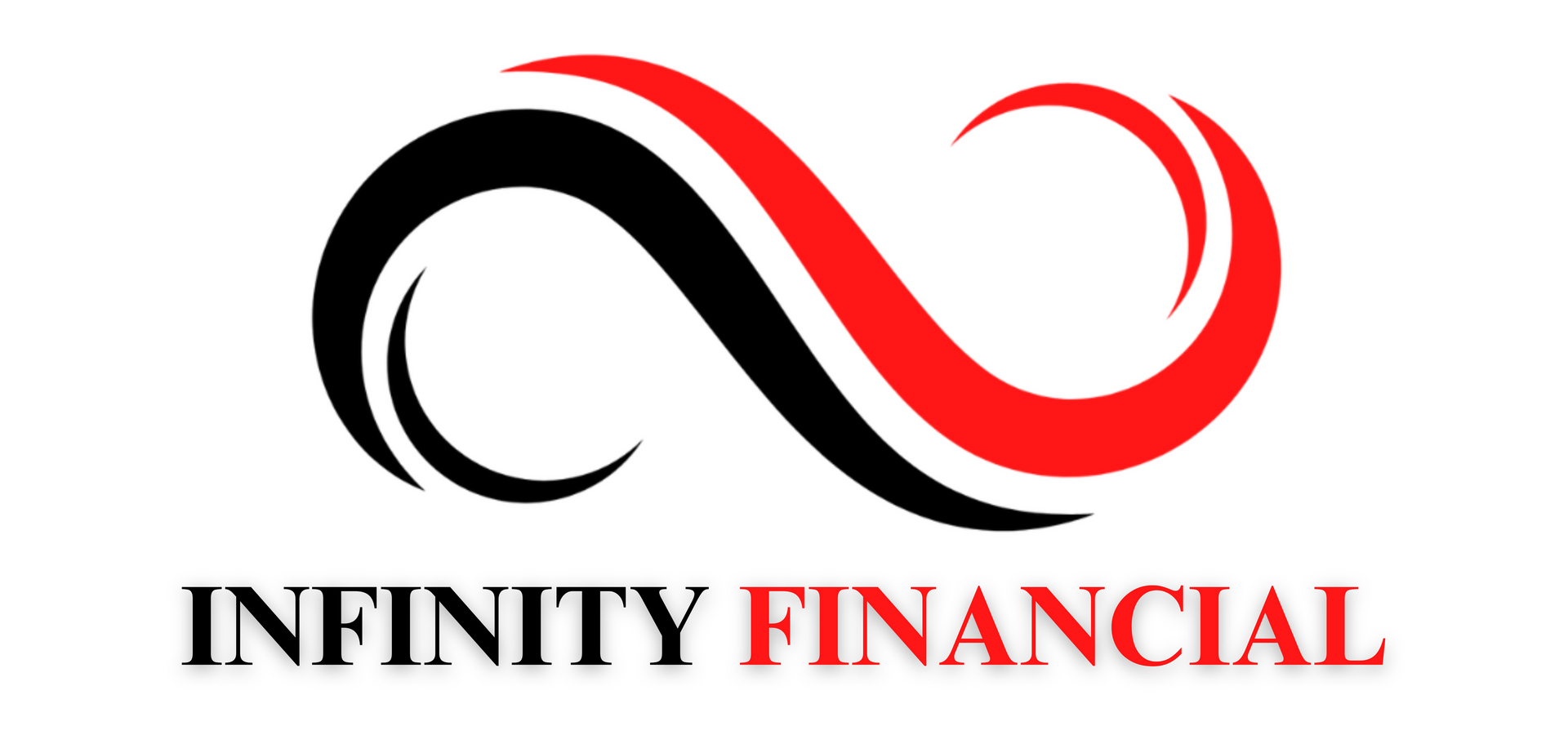Personal Finance: A Comprehensive Guide

Introduction:
Personal finance is the process of managing your money to achieve your financial goals. It involves understanding your income, expenses, and assets, and using this information to make informed decisions about how to save, invest, and spend your money. Whether you're trying to pay off debt, save for retirement, or build wealth, personal finance skills are essential to achieving your financial goals.
Setting Financial Goals:
The first step in personal finance is setting financial goals. These goals should be specific, measurable, attainable, relevant, and time-bound. For example, a specific goal might be to pay off a credit card balance in full within the next year. A measurable goal might be to save $10,000 for a down payment on a house within the next five years. An attainable goal might be to save 15% of your income each month for retirement. A relevant goal might be to establish an emergency fund to cover unexpected expenses. And a time-bound goal might be to increase your credit score by 100 points within the next six months.
Creating a Budget:
Once you have established your financial goals, the next step is to create a budget. A budget is a plan for how you will allocate your income and expenses over a given period of time. To create a budget, you will need to track your income and expenses for a month or two to get a sense of your spending habits. Then, you can use this information to create a budget that aligns with your financial goals. There are many budgeting tools and techniques available, such as the 50/30/20 rule, the envelope system, and the zero-sum budget. Choose the method that works best for you and your lifestyle.
Paying Off Debt:
If you have high-interest debt, such as credit card balances or student loans, it is important to develop a plan to pay it off as quickly as possible. High-interest debt can be a major drag on your financial progress, as the interest charges can add up quickly. To pay off debt, you can try methods such as the snowball method or the avalanche method. The snowball method involves paying off your smallest balances first, while the avalanche method involves paying off your highest-interest balances first. Whichever method you choose, it is important to focus on paying off your debt as quickly as possible to minimize the amount of interest you pay.
Saving and Investing:
Once you have your debt under control, it is important to focus on saving and investing for the future. This includes building up an emergency fund, saving for short-term and long-term goals, and investing in assets such as stocks, bonds, and mutual funds. When it comes to saving, it is important to set aside at least 20% of your income for short-term and long-term goals. As for investing, it is important to diversify your portfolio and to choose investments that align with your risk tolerance and financial goals.
Planning for Retirement:
Retirement planning is an important aspect of personal finance, as it helps ensure that you have enough money to live on during your golden years. There are many different retirement savings options available, such as 401(k)s, IRAs, and annuities. It is important to choose the option that works best for you and to start saving as early as possible to take advantage of compound interest. In addition to saving for retirement, it is also important to consider how you will generate income during retirement, such as through Social Security, pensions, or part-time work.
Insurance:
Insurance is an important part of personal finance as it helps protect you and your assets in the event of unexpected events such as accidents, illnesses, or natural disasters. There are many different types of insurance to consider, such as life, health, property, and liability insurance. It is important to choose the right insurance products for your needs and to review your coverage regularly to ensure it remains appropriate for your situation.
Credit:
Your credit score is an important factor in personal finance, as it can affect your ability to borrow money, obtain credit cards, and even rent an apartment. To maintain a good credit score, it is important to pay your bills on time, use credit responsibly, and keep your balances low. You can also take steps to improve your credit score, such as disputing errors on your credit report and using a credit-building product such as a secured credit card.
Conclusion:
Personal finance is a complex and multifaceted subject, but by understanding your financial goals, creating a budget, paying off debt, saving and investing, planning for retirement, managing risk, and maintaining good credit, you can take control of your financial future and achieve your financial goals. By taking the time to learn about personal finance and make informed decisions, you can set yourself up for financial success and stability.
Now that you have a better understanding of personal finance, it's time to take action and start working towards your financial goals. Here are a few steps you can take right now to improve your financial situation:
- Review your financial goals: Take a moment to review your financial goals and make sure they are still relevant and achievable. If necessary, adjust your goals or create new ones.
- Create a budget: If you haven't already done so, take the time to create a budget that aligns with your financial goals. This will help you make the most of your income and expenses and stay on track towards achieving your goals.
- Pay off debt: If you have high-interest debt, such as credit card balances or student loans, focus on paying it off as quickly as possible. This will help you save money on interest and free up more of your income for saving and investing.
- Save and invest: Make sure you are setting aside at least 20% of your income for short-term and long-term goals, and consider investing in assets such as stocks, bonds, and mutual funds to help grow your wealth over time.
- Plan for retirement: If you haven't already done so, start saving for retirement as soon as possible. Choose the retirement savings option that works best for you and make regular contributions to ensure you have enough money to live on during your golden years.
If you have any questions or need additional guidance on personal finance, don't hesitate to reach out to us. Our team of financial experts is here to help you navigate the complex world of personal finance and achieve your financial goals. You can contact us through our website, by phone, or by email. We look forward to helping you on your financial journey.





